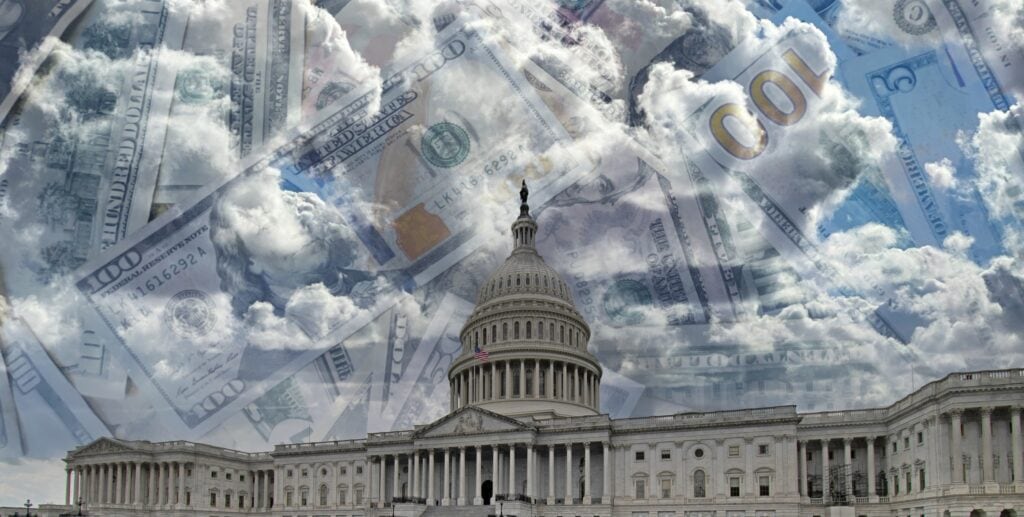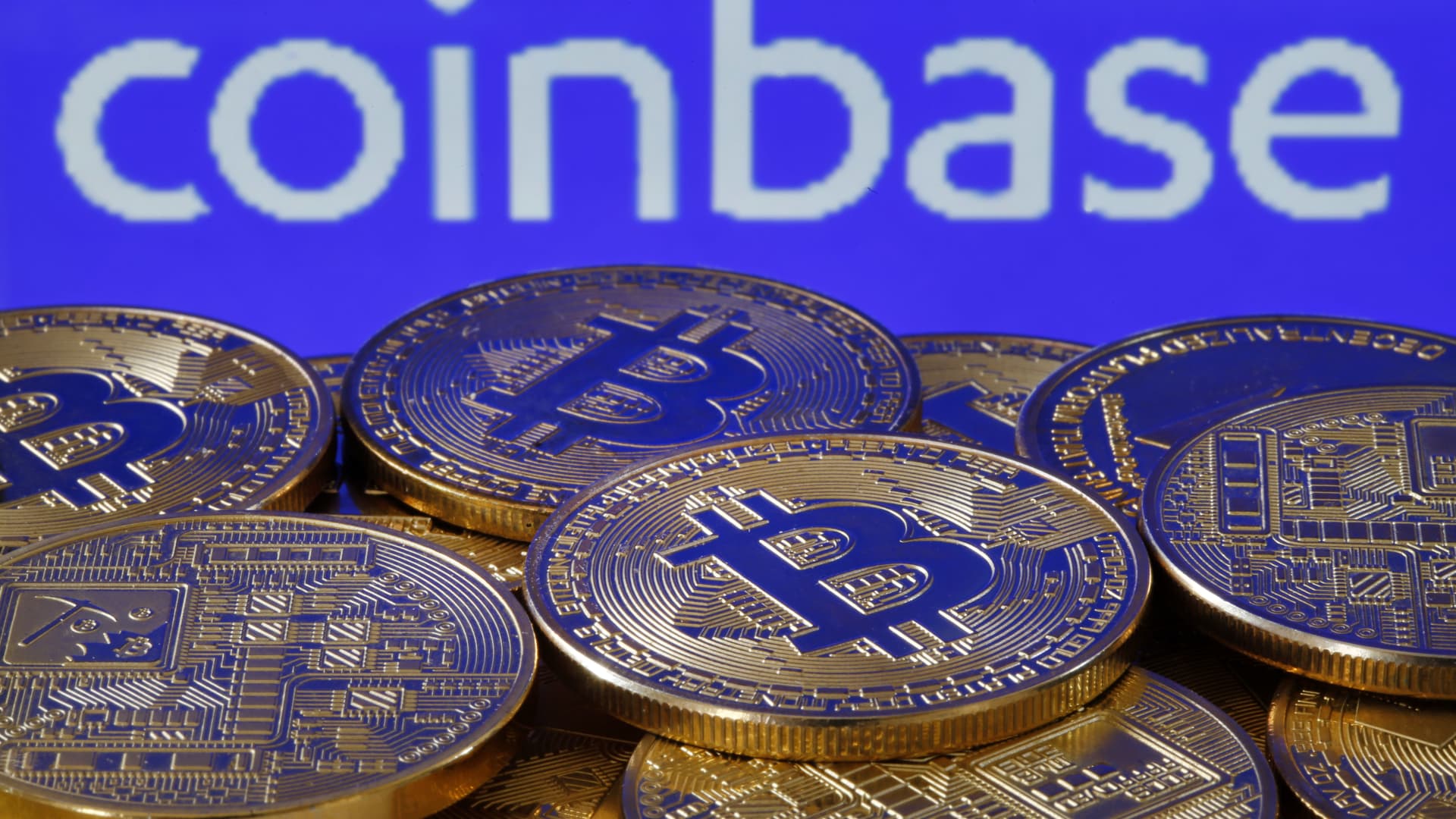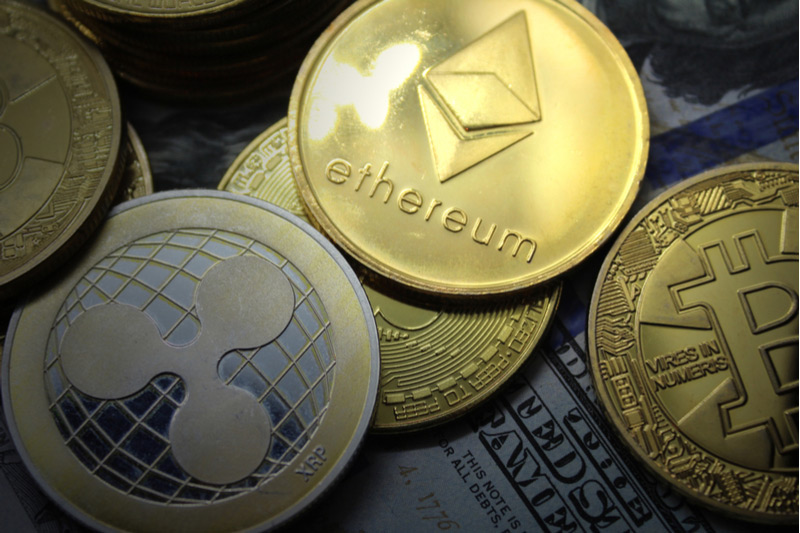So far in this exploration of Randall Holcombe’s Following Their Leaders: Political Preferences and Public Policy, we’ve looked at how Holcombe views the interaction of voters and the democratic process.
To briefly recap, Holcombe argues that voters have both instrumental preferences, which are about the outcomes they prefer, and expressive preferences, which are about what voters prefer to express. But expressive preferences and instrumental preferences are not always the same. Since casting a vote does not create an outcome, voters will tend to act expressively, not instrumentally, when casting their vote. Because elections aggregate expressive preferences, not instrumental preferences, we cannot make valid inferences about the outcomes voters actually prefer by referencing election results. Additionally, voter preferences tend to be anchored on a key point – a single issue, a political identity, party loyalty, a particular leader – and the vast majority of a given voter’s preference on political issues will be derived from that anchor. Someone may anchor on the identity of being a patriotic American, decide that the Republican party values patriotism more, and will then tend to adopt whatever the Republican party line is for most political issues – and if the official party line changes, they will change their opinion right along with it.
But this analysis so far focuses on the typical voter. There is another group of people in democratic political systems, who face different incentives and form their preferences in different ways. These are the elites – such as politicians, policymakers, bureaucrats, and lobbyists. Unlike the typical voter, the political preferences of the elites will tend to be instrumental rather than expressive, because elites actually do influence outcomes in a way voters don’t:
For reasons already discussed, their political preferences are expressive. This applies to most citizens and voters. However, an elite few individuals make public policy and can affect outcomes, so those individuals – members of the political elite – will have instrumental preferences.
Holcombe argues that a relatively small group of elites are the ones who actually craft policies and influence political outcomes, with the vast majority of the population closed out from this process. He does not present this as some sort of nefarious, deliberate conspiracy among the elites to keep the masses disenfranchised. Instead, he argues, this is an inevitable part of any system of public policy, due to transaction costs:
The factor that separates the political elite from the masses is transaction costs. A transaction cost is anything that stands in the way of a mutually beneficial exchange. When transaction costs are low, people are able to bargain with each other for their mutual advantage. When transaction costs are high, they prevent people from bargaining with each other even when there are exchanges that would benefit them in the absence of transaction costs.
However, transaction costs are not evenly distributed for all exchanges – some groups will face higher transaction costs than others. Groups facing low transaction costs can profitably participate in a system while groups facing high transaction costs will be unable to benefit. Pollution created by a steel mill provides a good outline of how this process works:
Markets make it easy for those who want to buy steel to do so from those who want to sell steel. They face low transaction costs and can maximize the value of resources to themselves. The tens of thousands of residents in the vicinity of the mills might be willing to bargain with steel mills to reduce their pollution if it were possible, but fashioning a bargain that would require tens of thousands of people to participate would be difficult. Transactions costs are high enough to prevent a bargain from being struck. As a result, the surrounding residents bear the external costs of breathing polluted air. The value of resources is maximized for those who face low transaction costs – the steel mills and automobile producers – but not for those who face high transaction costs – the people who breath polluted air.
This uneven distribution of transaction costs exists in political systems as well. Well connected political insiders face low transaction costs in bargaining with each other over public policy. Meaningful negotiation over policy being carried out by tens or hundreds of millions of individual citizens simply isn’t feasible. But though markets and politics can both have unequal distributions of transaction costs, this issue tends to be more severe in political systems by their very nature:
The decentralized nature of markets makes transaction costs low for most people. Anyone can enter a Walmart, or a Toyota dealership, and make mutually advantageous exchanges that benefit the buyer and seller. The centralized nature of political decision-making creates high transaction costs for most people. Thousands of people cannot simultaneously participate in designing public policy, so by necessity public policies will be designed by a few individuals who face low transaction costs and can bargain with each other…People in the high transaction cost group are unable to enter the negotiating process.
This concentration of influence among a small group of elites is often protested by populists on the left and the right. However, Holcombe argues that because this situation exists due to unavoidable transaction costs, attempts to ouster the elites through populist takeovers are almost intrinsically self-defeating:
The populist message argues against elite control of government, but ultimately elites must design public policy because, if for no other reason, large numbers of people cannot all have a meaningful voice in policy design. Transaction costs are too high. So, while populist policy does not say so, it argues for replacing one set of elites with another. When populists control government, they become the political elite, almost by definition. They are the ones who design public policy.
However, this does not mean that there is no division between instrumental and expressive preferences among elites. The division, however, operates differently among elites than it does with voters. While voters may show expressive preferences through voting for policies they wouldn’t actually choose if making an instrumental choice, elites will outwardly express policy ideas that don’t reflect the policies they pick when making instrumental choices:
While the elite want to be cautious about expressing specific policy preferences, they have good reason to be informed about policy alternatives and the expected consequences of implementing public policies. The elite determine public policy, so their preferences are instrumental. The preferences they express are vague and oriented toward appealing to citizen feelings and emotions, but the preferences they act on are specific and well informed.
The fact that voters have extremely low levels of political information has been well documented for decades. Huge swaths of voters will passionately support the Republican or Democratic political tickets yet, when questioned or tested, be utterly incapable of explaining the specific mechanisms by which their party’s policies will create desirable outcomes, or even telling which policies are associated with which party. Knowing that voters often “have only the vaguest idea about what they are supporting”, elites are deliberately vague about their intentions:
Recognizing that the demand for accurate and detailed information on the part of citizens is low, parties and candidates provide very little information of this type. Platforms are deliberately vague to broaden their appeal. Citizens will find little to disagree with in a vague platform. Meanwhile, because citizens adopt political preferences that make them feel good, parties and candidates try to deliver feel-good messages.
In the next post in this series, we will look at how this difference between the preferences of the elites and the preferences of voters come together to form Holcombe’s overall picture of the democratic process.
















